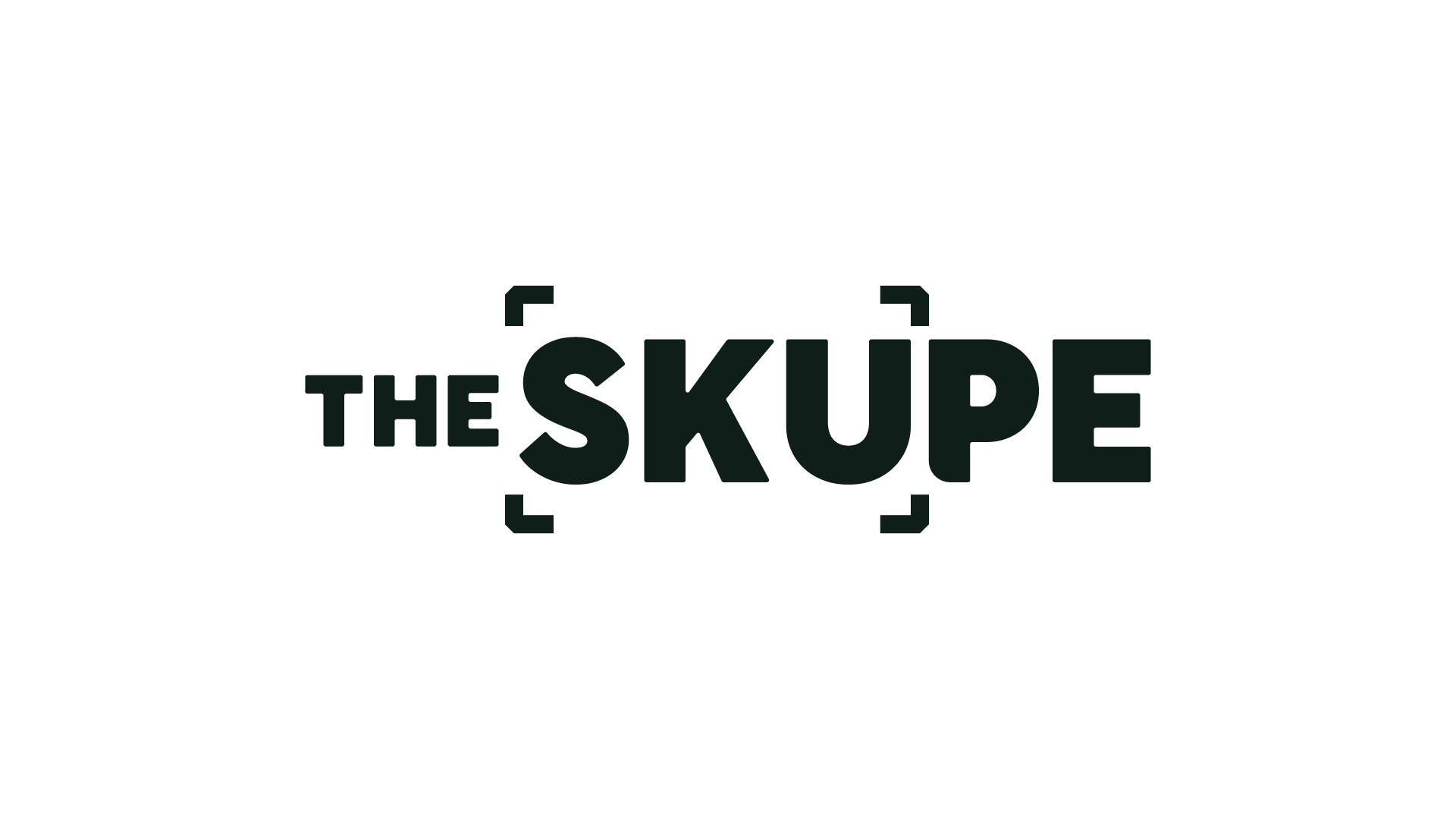Using Zillow data to scout your next retail spot
Plus: Goldman Sachs’ 10,000 Small Businesses Program | End of penny production hurts retailers

Cultural fit or skills? That’s the age-old question when hiring someone. We examine why both qualities matter to small businesses and how to balance the two. We also look at a DTC brand’s clever approach to analyzing potential store locations: scrolling Zillow.
Plus, practical advice on how to actually use AI to help your small business succeed.
But first, check out this shop’s security camera footage that captured a man stealing from the store's tip jar. As of this writing, the suspect is still at large.

Ouch! Seven of the weirdest workplace injuries.
Your two cents: Penny production’s end hurts retailers.
Pond-hoppers. North American retailers account for 25% of Europe’s stores.
Shopping around. AI is reinventing holiday gift guides.
Retail meet-up: Urban Outfitters' latest store concept: Going local for Gen Z.

Hire for personality or skills? What matters for small businesses
Small companies will feel the impact of a single hire, good or bad, almost immediately. Hiring someone for their skills matters for a specialized job, so it’s wise to use as a baseline to ensure the work gets done correctly and on time. Meanwhile, a good cultural fit also benefits a team and mitigates turnover. It’s best to consider both and balance the two based on context. Ask yourself which qualities are most critical for the role and business in this moment, and answer honestly when making the hire.
Why this matters: Every hire is a strategic decision and SMBs may lack the headcount or training staff to absorb and upgrade a so-so employee. If you neglect skills or culture, you risk inefficiencies, low morale and turnover. (Chattanooga Times Free Press)
DTC founder’s secret weapon for retail store success? Zillow
For DTC bedding brand Boll & Branch, location matters a lot. True, everyone uses bedding, but who will shell out big bucks for luxury sheets? Co-founder and CEO Scott Tannen calls Zillow his “favorite sport” because he uses the real estate platform to determine a neighborhood’s demographic when zeroing in on potential store locations. He took the company from 8 to 15 stores in the last year and uses Zillow for a key metric: average number of bedrooms in a home. His top store? Dallas, because everything is bigger in Texas.
Why this matters: For a product where the hand feel matters, a physical location can make a huge difference in sales. Tannen says justifying a costly but low-converting store isn’t the best way to operate. He advises building a business case to defend your decisions rather than the other way around. (Retail Brew)

Fiserv’s latest report: retail sales up, discretionary spending stalled
Texas business owners challenge Trump tariffs in the Supreme Court.
Most B2B e-comm platforms are ignoring small businesses
How much retail jobs pay at these major chains
Real-time inventory management emerges as strategic priority

What is Goldman Sachs’ 10,000 Small Businesses Program?
Goldman Sachs President John Waldron explains that the 10,000 Small Businesses program is "a program focused on building educational capabilities and business-building skills for small business owners…It includes a one-year curriculum that we developed in partnership with Babson [College] and is administered in various cities around the world, focused on business-building skills, marketing, scaling and running your business more effectively.” It’s administered in partnership with community colleges, includes financial support and tracks companies’ progress over time.
“This was a great way for us to find our voice and our capability to do what we can to serve the small business part of the economy, which is over half of the economy. Small businesses drive a huge part of the economy and super important for communities so we wanted to lend a hand and use some of our capital and, more importantly, our intellectual capital and support, and also give a voice to small business owners who often struggle to [be] heard as loudly as large business owners." –John Waldron, president, Goldman Sachs
Why this matters: Waldron says the hardest thing for small business owners is to scale, so the program’s M.O. is to help them come up with a growth plan. The program not only helps Goldman build relationships with entrepreneurs around the country, it also allows owners to remain close to home while in the program. (KPCW)

How one small business owner actually uses AI: 10 lessons
To benefit from AI, disregard the hype, focus on bottom-line results and take it slow. This small business owner shares 10 tips: Don’t spend anything until you know how it can help you; experiment with free chatbots; spend monthly not yearly; define the “win”; use it for quick analytics; pair people with AI, don’t replace them; avoid coding if you’re a novice; use it to brainstorm; start small, scale gradually; and value time as your key metric.
Why this matters: A lot of tech stories offer broad generalizations about AI instead of specific instructions, so hearing from an actual small business owner what works and how to approach the technology is clutch. Social proof. It matters. (ZDNET)

Thanks for reading this week's edition!
You can reach the newsletter team at theskupe@mynewsletter.co. We enjoy hearing from you.
Interested in advertising? Email us at newslettersales@mvfglobal.com
The SKUpe is curated and written by Marcy Medina and edited by Bianca Prieto.





Comments ()